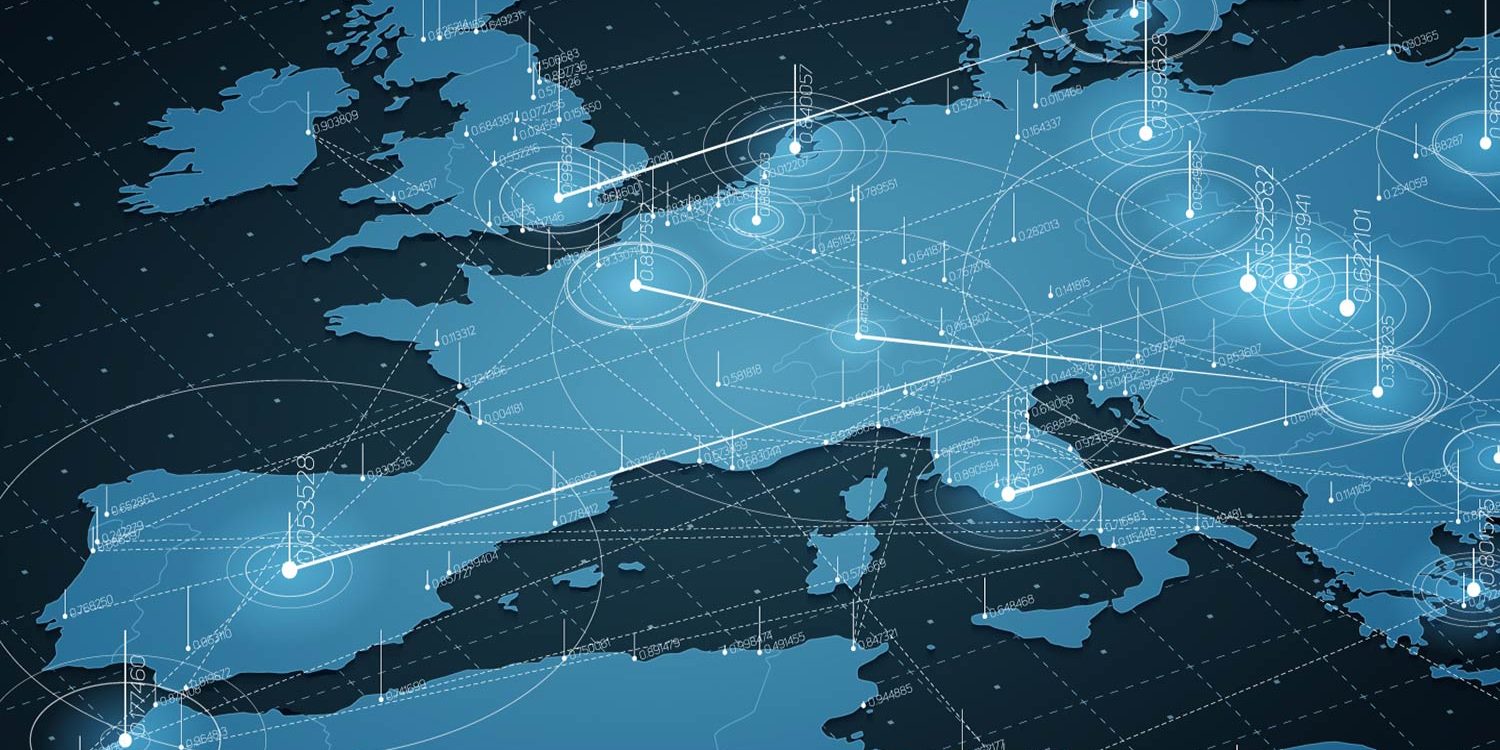Europe’s institutions must be able to anticipate and efficiently manage upcoming crises
By Natalia Pouzyreff, French member of Parliament and member of the Parliamentary defence committee
The Covid-19 pandemic has shown the shortcomings of European states’ coordination efforts. This observation is now shared by Europe’s politicians, such as Wolfgang Schäuble, the President of the Bundestag, who spoke on this subject recently.Displays of national retrenchment increased as the virus spread through the continent, as European states enacted unilateral border closures and took a predatory approach to the procurement of personal protective equipment (PPE). These behaviors have eroded the European peoples’ trust in our common institutions. Adherence to the European project entails subscribing to the relevance of the Union and trusting its ability to protect its citizens. To do this, Europe’s institutions must be able to anticipate and efficiently manage upcoming crises.
Strategic autonomy…
The resilience of our production systems is a prerequisite for coping with and overcoming crises. Based on this premise, a new consensus is emerging for the need to develop the Europe-an Union’s strategic autonomy. This willingness to defend European sovereignty means limiting our dependence on third-party countries, as well as protecting our strategic assets, such as high-tech and health sector companies, which could fall prey to extra-territorial acquisitions. In addition, we must reinforce the resilience of goods and information flows, as exogenous shocks can disrupt entire supply chains and transport routes. In our world of interdependencies, it would be illusory to think that we would be able to bring all strategic activities back to Europe. We must therefore agree at the Union level on which sectors we need to control at all costs, in terms of technologies and data.
…and improved crisis management coordination
In 2016, EU Member States adopted a regulation concerning the provision of emergency aid within the Union to enable the institutions to respond more rapidly to large-scale crises. This objective has clearly not yet been achieved. While many mechanisms exist, they seem to be too diverse and fragmented. For instance, the European Commissioner for Crisis Management is responsible for an Emergency Response Coordination Centre (ERCC) on which the civil protection reserve RescEU depends. Its late deployment forced the President of the Commission, Ursula von der Leyen, to apologise to Italy.In parallel, planning and deployment instruments are placed under the responsibility of the High Representative for Foreign Affairs and Security Policy: the Civilian Planning and Conduct
Capability (CPPC) and the Military Planning and Conduct Capa-bility (MPCC).We can legitimately question such an abundance of mecha-nisms and to what extent their dispersion does not hinder the overall effectiveness of the response. Similarly, it is regretta-ble that certain means of action, such as the solidarity clause between Member States, have not been used. As the French defence minister, Florence Parly, expressed on 2nd July before the European Parliament “Europe cannot and must not be a set of structures: (…) it must become an active force”.
Strengthening the operational governance
The aim is therefore to strengthen the operational governance of the Union and to ensure a more direct link between the deci-sion-making level and operational implementation.A first approach would be to clarify the roles of each entity with-in the EU, particularly between civilian and military capabilities in charge of planning and conducting operations.As a second step, a common strategic culture should be devel-oped. This is the aim pursued through the European Interven-tion Initiative (EI2), an approach that would have to be adopted in light of health, environmental and humanitarian risks.Finally, the increasing number of confrontations between sov-ereign states also underlines the need to strengthen cohesion between European allies. At the beginning of June, a Turkish frigate “lit-up” the French frigate Le Courbet with its naval targeting radar, even though it was flying under the NATO flag. Although France has obtained the support of eight European nations, no common stance has been taken. The Member States have a duty to show their solidarity, otherwise the Union is merely a name that will be all the less respected outside our borders as it is not honoured within them.Therefore, the idea of establishing a European security council, introduced by the French President and the German Chancellor, would facilitate decision-making in critical situations. This idea also implies a questioning of the principle of unanimous voting, which Angela Merkel mentioned at the inauguration of the German EU Presidency.In the face of adversity and of the uncertainties that remain, the European Union will be able to regain the peoples’ trust only if it fully embodies the promises of solidarity and protection that it was founded upon.







